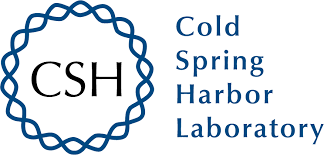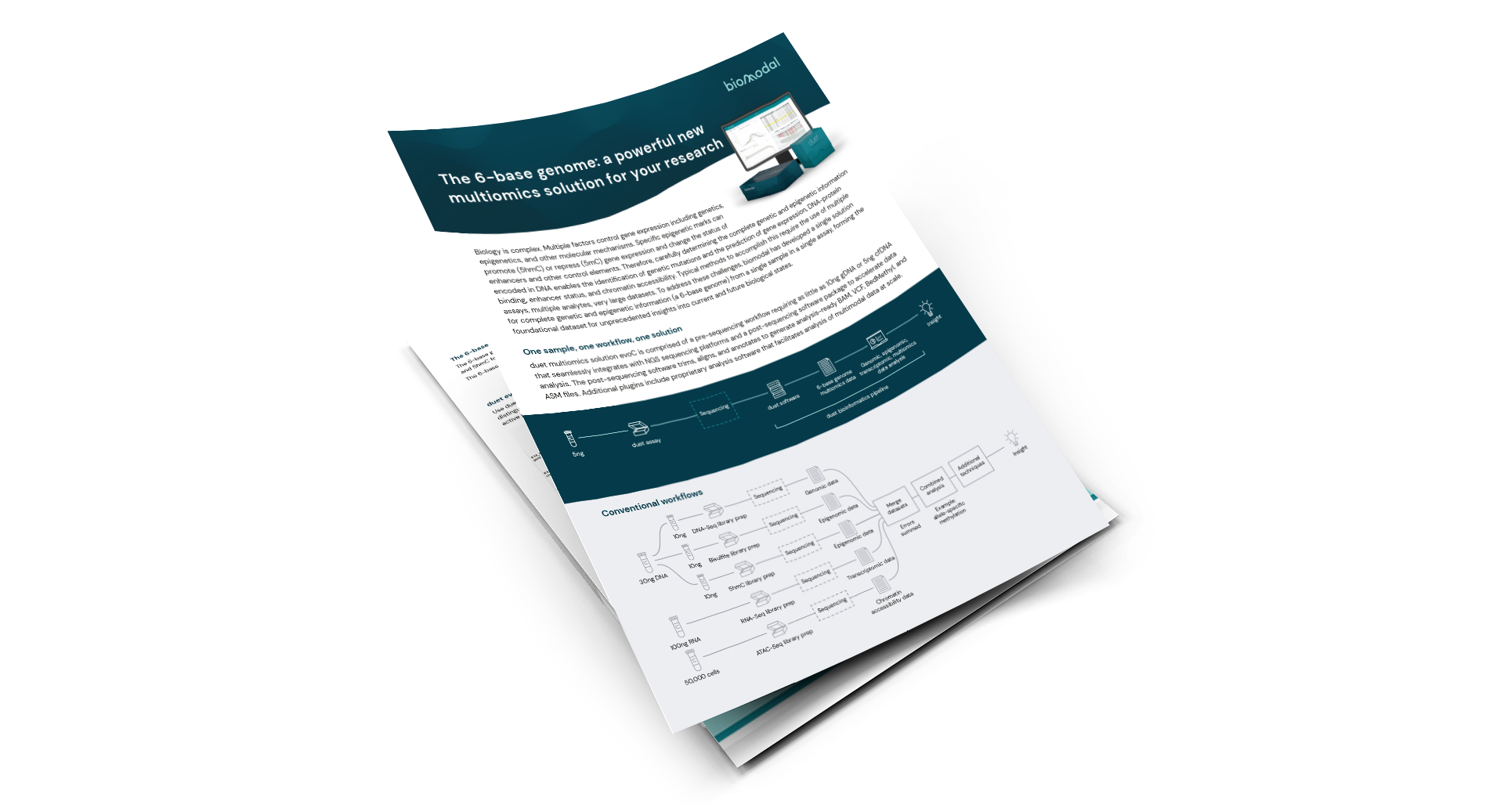You are cordially invited to participate in the seventh Cold Spring Harbor Laboratory meeting on Epigenetics and chromatin. The opening session will begin at 7:30 p.m. on Tuesday, September 17 and the meeting will end after lunch on Saturday, September 21, 2024. As currently planned, the program will have eight sessions devoted to oral presentations, together with three poster sessions for presentations that cannot be accommodated in the formal sessions. Selection of talks for the oral sessions will be made by the organizers in conjunction with the session chairpersons, from the submitted abstracts.
Keynote Speakers:
Asifa Akhtar, MPI of Immunobiology and Epigenetics, Germany
Kristian Helin, Institute of Cancer Research, UK
Topics:
- Histone Modifications
- Epigenetic Memory
- Chromatin Structure & Remodeling
- Chromatin Architecture & Nuclear Organization
- Gene Expression
- Epigenetic & Genetic Stability
- Epigenetics in Disease
- Epigenetics in Development




